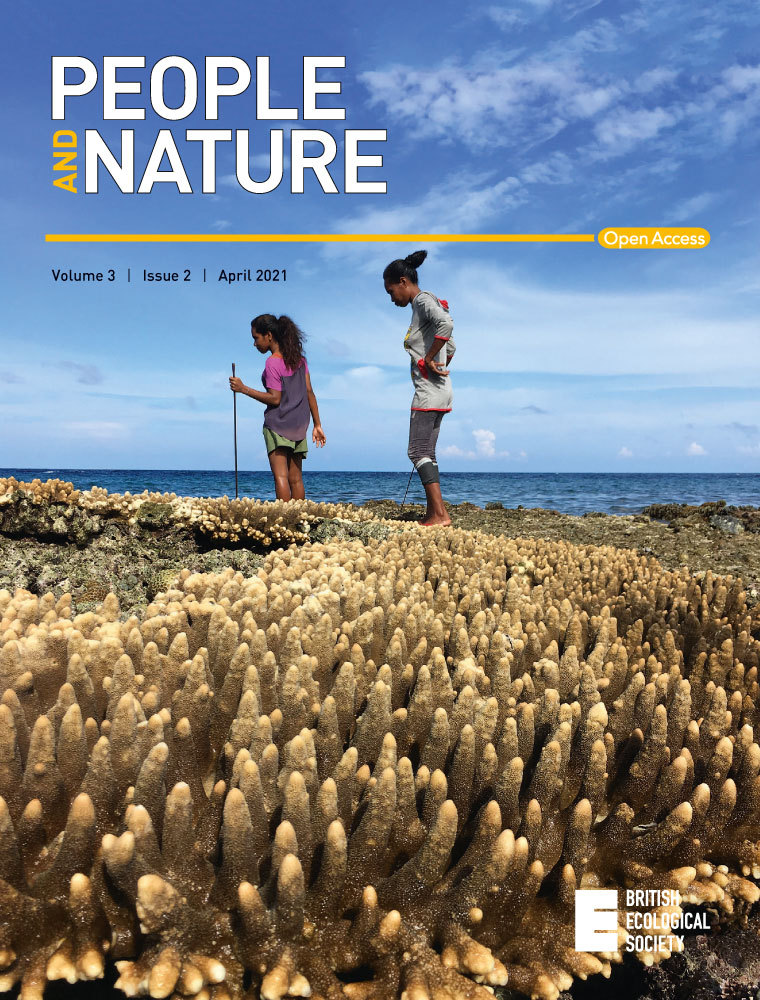Wild meat and freshwater fish are widely consumed in the Congo Basin, but in some areas, they are at risk of disappearing due to unsustainable hunting and fishing and changes in their habitat. Wild meat is also at risk of being eliminated from local diets due to potential policy changes such as wild meat bans. In order to understand the impacts of these potential changes on nutrition and to design appropriate policies, it is critical to understand the contributions of these wild animal source foods to individual nutrient intake. In this study, we focus on young children who are among the most nutritionally vulnerable. We use dietary intake data from children between 1 and 5 years of age from four sites in Cameroon and Democratic Republic of Congo to estimate the contributions of wild meat and local fish to their dietary intake of protein, iron, zinc and vitamin B12 and to meeting nutritional recommendations. Together, wild meat and fish comprised an average of 74% (rainy season) and 61% (dry season) of the quantities of animal source foods consumed by children across the sites. They contributed 23% of protein intake; 11% of iron intake; 14% of zinc intake; and 57% of Vitamin B12 intake on average across sites and seasons to those children who consumed these foods. Results from regression analysis showed that wealth was not associated with consumption of wild meat or of local fish but was positively associated with consumption of domestic meat. Reduced access to wild meat and fish from restrictions on hunting and fishing or due to unsustainable practices could have negative consequences on child nutrition in the Congo Basin. These would likely be greater for poorer households since they have fewer ASF alternatives compared to wealthier households.
DOI:
https://doi.org/10.1002/pan3.10759
Skor altmetrik:
Jumlah Kutipan Dimensi:

Tahun publikasi
2024
Penulis
Ickowitz, A.; Pratama, M.F.; Rahmah, M.; Tata, C.Y.; Tang, E.N.; Ngondi, J.L.; Mirindi, V.B.
Bahasa
English
Kata kunci
wild animals, meat, wildlife, fish, freshwater, hunting, food consumption, nutrient uptake, policies
Geografis
Cameroon, Democratic Republic of the Congo


















